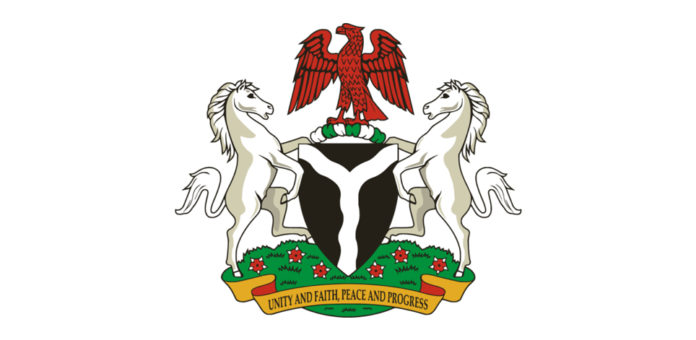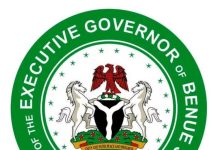FIC Report (Lagos State) – On Thursday, there were viral claims that the federal government was scrapping the current 6-3-3-4 educational policy and replacing it with a 12-4 model.
Initial reports claimed that Tunji Alausa, the Minister of Education, said that this new policy would remove the junior and secondary school classes by introducing a 12-year uninterrupted basic education model.
“A 12-year basic education model will ensure a continuous, uninterrupted curriculum, promoting better standardisation and fostering quality assurance in the education system. It will also guarantee that students receive a more comprehensive and continuous learning experience, improve educational outcomes, and contribute to a more educated populace that drives Nigeria’s economic development,” Alausa said.
However, less than 24 hours after the story was reported, Alausa returned to the media to deny the replacement of junior and senior secondary classes. He claimed that the said policy is still under proposal and not “an immediate policy change”.
He explained that the new policy would embrace a 12-year compulsory education system while retaining the previous 6-3-3 structure.
Despite this, the debate has continued about the proposed 12-year basic education rule. I spoke with school owners about what they think of this proposed policy and its future in the Nigerian educational system.
NEW POLICY COULD ALTER EDUCATIONAL STRUCTURES
A school owner in Lagos, who simply identified as Adesiji said on Sunday that like most school administrators, he was not aware of the proposed policy until it made the news.
However, he said the new policy may require curriculum adjustments, teacher training and administrative restructuring.
“I was not previously aware of the 12-year basic education proposal until recent discussions began circulating,” the school owner said.
“However, since the government has clarified that this is just an idea and not a finalised decision, it is important that all stakeholders, including school owners, teachers and parents, are properly consulted before any implementation.”
Siji explained that the new policy would require structural and academic adjustments that might require changes to grade progression and assessment methods.
He also said that while abolishing the junior and secondary school classes could reduce pressure on students, it could also affect academic standards.
“If the new policy is implemented, schools may need to make structural and academic adjustments, such as modifying grade progression, updating curricula and adapting assessment methods,” he explained.
“Removing the exam between Junior Secondary School (JSS) and Senior Secondary School (SSS) has potential advantages and disadvantages. While it might reduce pressure on students and encourage a smoother transition, it could also affect academic standards and the motivation to excel at key learning stages.
“While the government’s intention to keep students in school longer is commendable, the key concern is whether the approach will genuinely improve learning outcomes. Simply extending the years of schooling does not guarantee better education unless issues like quality teaching, learning resources and student engagement are addressed.
“Nigeria’s school system needs improvements, but reforms should be strategic and well-researched. Areas such as teacher training, infrastructure and curriculum development need attention to ensure quality education.”
NEW POLICY WILL ENABLE GRASSROOTS SKILL ACQUISITION
Sofiat, another school administrator in Surulere Lagos, said on Friday that the proposed educational system will not only provide learning for the students but also see that they are equipped with skills at the grassroots level.
“The new system will enable uninterrupted 12 years of basic education, and skills acquisition at the grassroots. It does not really affect the 6-3-3-4 system of education, it is just a merger system that prepares learners for an uninterrupted system of education,” Sofiat said.
ALIGNING WITH GLOBAL STANDARDS
Richard, an ikorodu based school administrator added that while the policy is significant, it must align with global practices of learning that prioritises vocational training, digital literacy and competency-based education.
“It would be important to assess how this change aligns with global best practices and Nigeria’s specific socio-economic realities,” Richard said.
“Stories abound of children who have gone through our ‘version of education’ only for such children to be considered to be at lower academic performance levels, meaning some would have to drop a class or two in the schools in their new countries of residence.
“If the goal is to equip students with better skills for the future, then we must also focus on vocational training, digital literacy and competency-based education.
“A lot of emphasis has over time been placed on ‘paper qualification (certificates)’ which has brought about the increasing and very embarrassing cases of exam malpractices. The new policy should be intentional about changing this narrative.”
Signed
Shodipe-Dosunmu Adewole
Principal Information Officer






